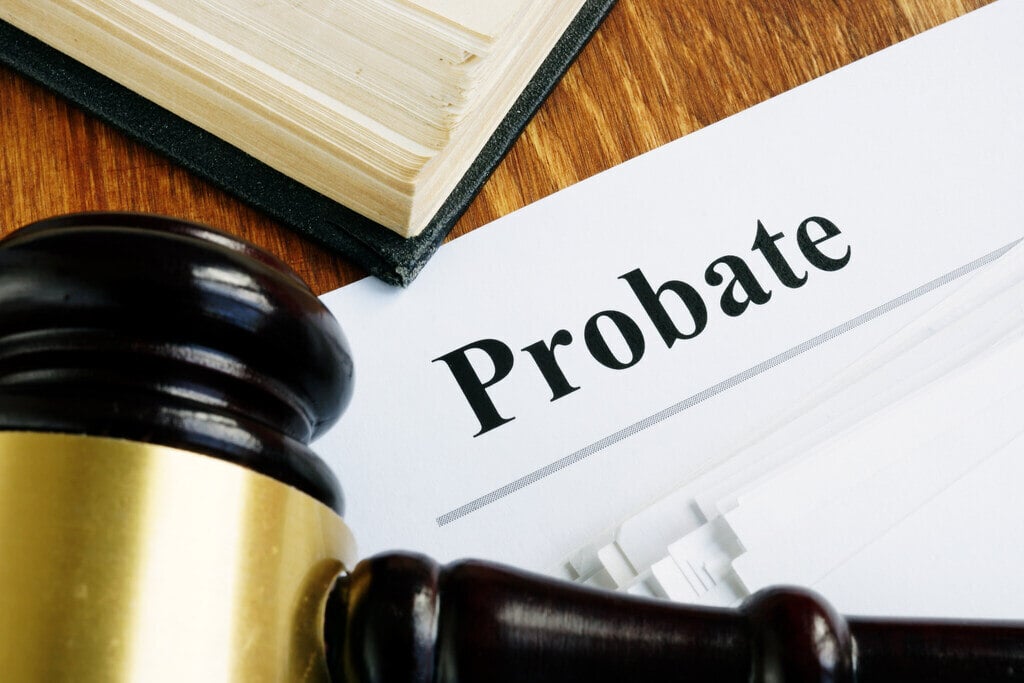Probate is the legal process in which, following your death, a Surrogate’s Court Judge (the Surrogate) reviews the Petition and legal documents submitted and approves the terms outlined in your Wll. Subsequently, your assets, property, and possessions are distributed to your beneficiaries once any outstanding debts have been settled.
Upon the passing of a New York resident, the distribution of their assets to heirs and beneficiaries is governed by New York probate law. Initially, the probate courts (Surrogate’s Court) in New York appoint a representative, often referred to as an executor, to oversee the estate affairs. The appointed executor’s responsibilities include the collection and documentation of all assets, settling outstanding debts, and validating the authenticity of any existing wills. Following the completion of these necessary steps by all parties involved, the rightful heirs then receive their designated inheritance.
Is Probate Required in New York?
Yes, in New York, the probate process is required when a decedent passes away with an asset in his or her individual name, particularly for individually owned assets such as cash, homes, electronics, checking accounts, jewelry, and cars. Notably, life insurance policies and bank accounts with named beneficiaries, as well as jointly owned assets, are exempt from the New York probate process. Estates held within a living trust are classified as non-probate assets.
Small estates jointly owned with a value below $50,000 may be eligible for a Voluntary Administration proceeding, irrespective of the existence of a Last Will. Administration, in this context, pertains to the court’s authorization for an heir to manage the property of the deceased.
In instances where the deceased solely owned real estate, a Voluntary Administration proceeding cannot be initiated. Moreover, if the decedent possessed both real estate and a Last Will, heirs are required to initiate a probate proceeding. Additionally, when dealing with a wrongful death lawsuit, the estate must undergo the probate process.
How Much Time Does the Probate Process Take in New York?
The duration of the probate process in New York hinges on factors like estate size, the number of beneficiaries, the executor’s capabilities, and potential Will contests. According to the American Bar Association, the typical duration for probate ranges from six to nine months. In a post-Covid world, estates are lasting a year or longer. While some heirs may receive their inheritance within six months, the typical probate period for most estates is around one year and then some. The process tends to be shorter when the Will is uncontested, and debts are swiftly resolved. While there is no specific legal deadline for initiating probate after death, it is advisable to commence the filing at the earliest opportunity. Probate procedures often extend over several months to a year, underscoring the importance of early filing.
Heirs and beneficiaries named in the will are officially notified of the probate proceedings. They may have the opportunity to contest the will during this period if they believe there are grounds to do so.
Is Going Through Probate Necessary?
It depends. Surprisingly, there is an option to bypass the probate process. Yet, choosing this route implies forfeiting access to the assets specified in your loved one’s will. It is crucial to note that no heir gains official recognition until the probate process is successfully completed. This proceeding might seem cumbersome, but it still remains a preferable option to inheriting nothing. Fortunately, there are proactive measures one can take in advance to avoid the necessity of probate.
While the probate process can be seen as complex and time-consuming, its importance lies in bringing transparency, order, and legal validity to the distribution of an individual’s estate. Seeking legal guidance and planning ahead can help simplify the probate process, making it a valuable component of a comprehensive estate planning.



